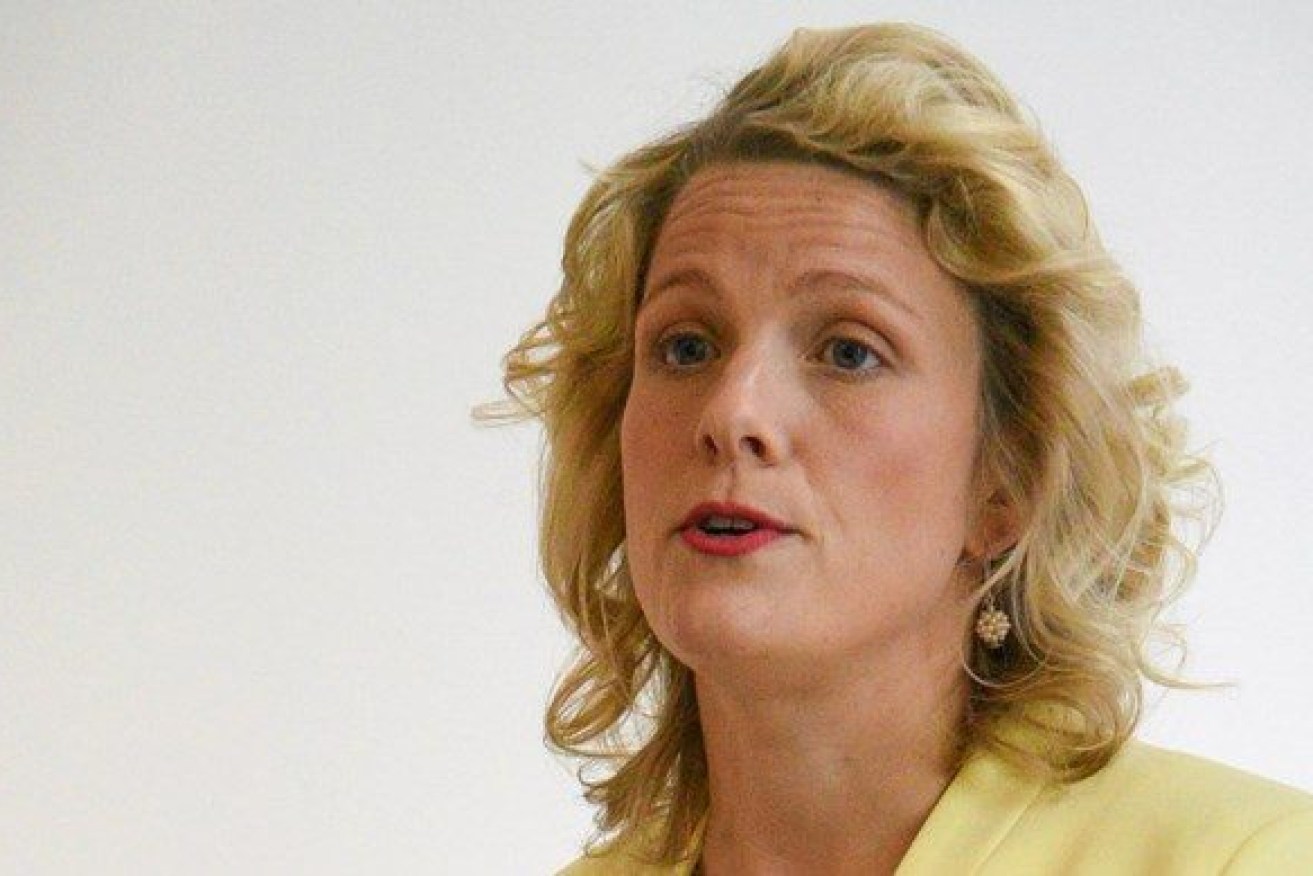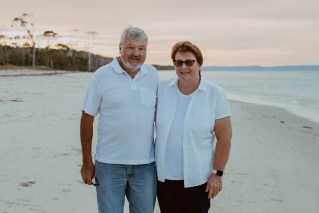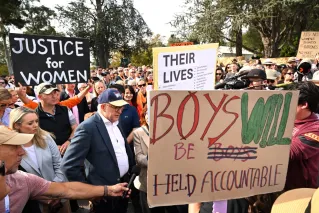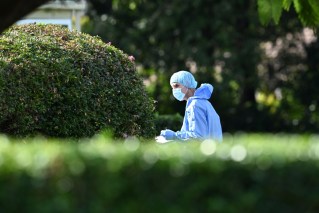Bring out the welcome mat: Big lift in skilled migration to fix labour crisis
The Albanese government will boost the permanent skilled migration cap to 195,000 places for this financial year to help fill pressing labour shortages.

Home Affairs Minister Clare O'Neil.
Home Affairs Minister Clare O’Neil made the announcement at the final day of the jobs and skills summit on Friday.
The permanent skilled migration cap is currently set at 160,000, however it will be boosted by 35,000 places in 2022/23.
Lifting the annual cap to plug skills gaps amid severe staff shortages in multiple sectors has been a key point of discussion in the lead-up to the summit.
O’Neill said the change could mean thousands more nurses and engineers settling in the country.
“I note (Nationals leader) David Littleproud is here – David, this will mean 34,000 places in the regions for this year, 9000 more than had been previously announced,” she said.
O’Neil said the measures would include a lift to state- and territory-sponsored visas from 11,000 last year to 31,000.
“There is nothing in this room with universal support, but an area where almost everyone agrees is that we need to lift the permanent migration numbers for this year,” she said.
Treasurer Jim Chalmers said there were several steps that could be taken “quite quickly” to address migration issues.
This included measures to fix the severe visa processing backlog.
“We’ve got this big backlog when it comes to visas and a lot of business, a lot of employers, would love to employ some of the people caught up in that system – so if we can move quickly on that front, we will,” Chalmers told reporters on Friday.
He also said housing shortages would be a key consideration in any decision to lift the migration gap.
“We think that there is a case to responsibly and cautiously lift the skilled migration cap but not in isolation from housing and not as a substitution for training or getting more people participating in the workforce,” he said.
In a speech on Thursday night, economist Ross Garnaut said skilled immigration was likely to boost real wages.
“It’s much more likely to raise rather than lower average real wages the more it’s focused on the permanent migration of people with genuinely scarce and valuable skills that are bottlenecks to valuable Australian production and which cannot be provided by training Australians,” he said.
Opposition leader Peter Dutton welcomed the boost but cast doubt on Labor’s ability to deliver the promise.
“This can be many, many months, if not a couple of years in the pipeline,” he said.
“I want to see the rubber hit the road and the actual numbers, not the projected numbers. Businesses and workplaces need that certainty now.”
Over 140 representatives have gathered for the second and final day of the summit at Parliament House.
Chalmers ruled out bringing forward the government’s signature childcare policy from mid-2023 to get more women into the workforce.
“We would like to be able to fund some of these ideas earlier than we are but the reality is we can’t afford to … and so instead, it will begin in July as we originally intended,” he told the Ten’s The Project.
Littleproud wants the government to be better at hearing the voices of rural and regional women, saying the summit had become more about union grandstanding.
“One of the most disappointing things I saw was the session on women and the disrespect this government showed to 30 per cent of the women in this country,” he told AAP.
“There was not one woman from regional Australia on that panel, and the challenges that regional women face in terms of childcare and getting into the workforce are different to metropolitan areas.”












